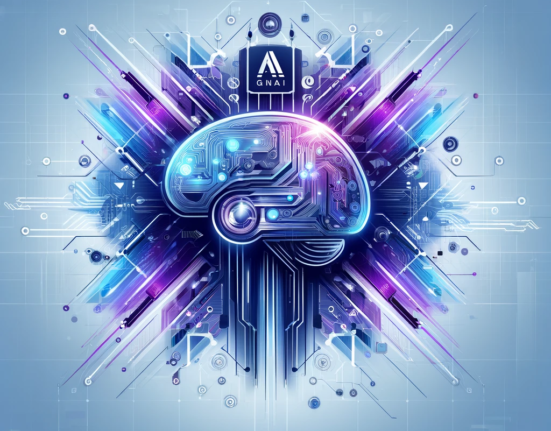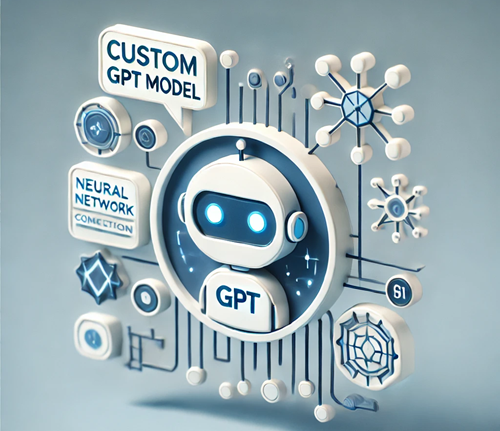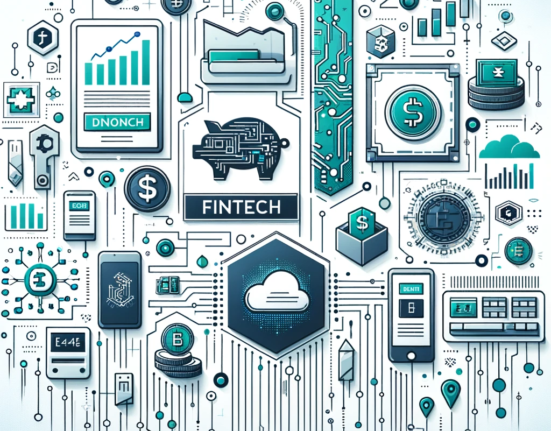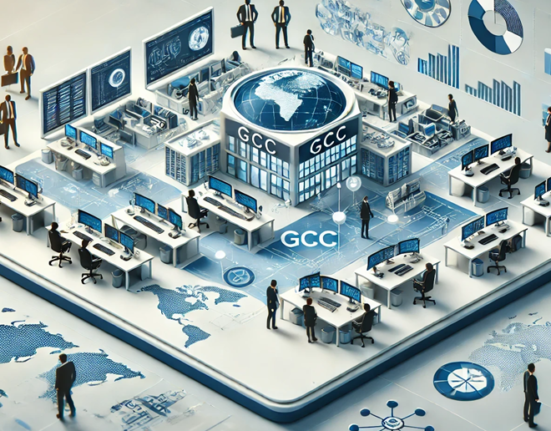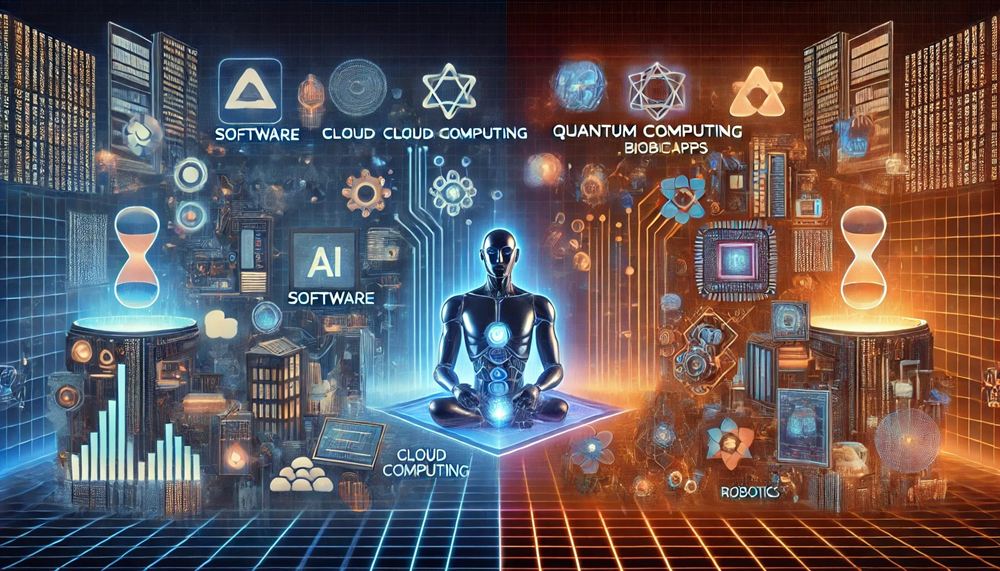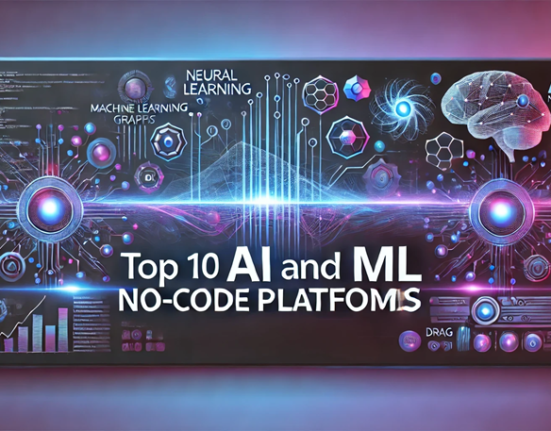Why DeepTech is the Next Big Disruption
In the ever-evolving landscape of technology, two distinct forces are shaping the future—DeepTech and Traditional Tech. While traditional tech has dominated the past two decades with innovations in software, mobile apps, and cloud computing, a new era of DeepTech is emerging, built on scientific breakthroughs, AI, quantum computing, and biotech.
But what exactly is DeepTech? How is it different from traditional tech startups like SaaS, social media, and e-commerce platforms? And why are investors shifting their focus toward DeepTech-driven innovation?
Let’s break down the key differences between DeepTech and Traditional Tech, exploring how each operates, their market potential, and which one is set to define the future.
What is DeepTech? A Revolution Beyond Software
DeepTech Definition & Meaning
DeepTech (short for Deep Technology) refers to innovations rooted in scientific research, advanced engineering, and breakthrough discoveries. Unlike traditional tech, which focuses on software-driven solutions, DeepTech tackles highly complex challenges in areas like AI, biotech, quantum computing, robotics, and nanotechnology.
What is Traditional Tech? The Software-Driven Industry
Traditional tech encompasses software-focused innovations that rely on existing technology stacks like cloud computing, web development, and mobile applications. This includes:
✅ Social media platforms (Facebook, Instagram, TikTok)
✅ SaaS businesses (Salesforce, Zoom, Microsoft 365)
✅ E-commerce platforms (Amazon, Shopify, Alibaba)
✅ Mobile apps and digital services (Uber, Netflix, Spotify)
While traditional tech has revolutionized consumer experiences, it often improves existing technology rather than creating new scientific breakthroughs.
DeepTech vs. Traditional Tech: Key Differences
| Feature | DeepTech | Traditional Tech |
|---|---|---|
| Foundation | Built on scientific research & engineering | Built on software development & business models |
| Time to Market | 5-15 years (long R&D cycle) | 6-24 months (fast development) |
| Investment Risk | High risk, high reward | Lower risk, faster returns |
| Competitive Advantage | Patents, IP, and deep research | First-mover advantage, network effects |
| Industry Focus | AI, quantum computing, biotech, robotics, space tech | SaaS, mobile apps, e-commerce, fintech |
| Scalability | Hard to scale but transformative | Easier to scale, rapid global adoption |
| Market Impact | Solves global challenges (climate, healthcare, energy) | Improves efficiency & user experiences |
Why DeepTech is More Disruptive than Traditional Tech
Unlike traditional tech, DeepTech is not about incremental improvements—it’s about breakthrough innovation.
🚀 AI-driven healthcare can cure diseases before symptoms appear
🚀 Quantum computing will replace classical computers in problem-solving
🚀 Self-learning robots will automate industries beyond human capability
DeepTech is solving problems that traditional tech simply cannot.
DeepTech Startups vs. Traditional Tech Startups: How They Operate Differently
1. Funding & Investment Trends
- Traditional tech startups often secure venture capital funding quickly because they offer fast growth and short-term profits.
- DeepTech startups require long-term R&D investment, often backed by government grants, research institutions, and specialized VC firms.
🔹 Example: DeepMind (AI startup acquired by Google) spent years researching AI before commercializing its technology.
2. Market Adoption & Growth
- Traditional tech scales rapidly—a SaaS business can go global in months.
- DeepTech solutions need years of research, regulatory approvals, and scientific validation before entering the market.
🔹 Example: OpenAI (ChatGPT) took over a decade of AI research before becoming commercially viable.
3. Competitive Advantage & Intellectual Property
- Traditional tech relies on market share, branding, and first-mover advantage.
- DeepTech is protected by patents, proprietary algorithms, and scientific breakthroughs.
🔹 Example: Tesla’s battery technology & self-driving AI models are heavily patented, making them harder to replicate.
Industries Disrupted by DeepTech vs. Traditional Tech
Traditional Tech Disruptions:
✅ Social Media & Communication – Facebook, Instagram, WhatsApp revolutionized global interactions.
✅ E-commerce & Digital Payments – Amazon and Alibaba changed how we shop.
✅ Streaming & Entertainment – Netflix, YouTube, and Spotify disrupted traditional media.
DeepTech Disruptions:
✅ Artificial Intelligence & Automation – AI-driven automation is replacing human labor in finance, healthcare, and logistics.
✅ Biotechnology & Healthcare – AI-powered drug discovery is curing diseases once thought incurable.
✅ Quantum Computing – Quantum encryption will make current cybersecurity methods obsolete.
✅ Space Tech & Aerospace – SpaceX is making space travel commercially viable.
Why Investors Are Shifting from Traditional Tech to DeepTech
1. Market Saturation in Traditional Tech
- SaaS, social media, and fintech have become oversaturated with competition.
- New opportunities in DeepTech are more impactful, scalable, and profitable in the long run.
2. Billion-Dollar DeepTech Success Stories
- DeepMind (AI) – Acquired by Google for $500M+
- Moderna (Biotech) – AI-driven vaccine development worth $50B+
- D-Wave (Quantum Computing) – Leading the quantum race
3. The Next Trillion-Dollar Opportunities are in DeepTech
- AI, quantum computing, and biotech are projected to grow into multi-trillion-dollar markets by 2035.
- Governments and VCs are investing billions in AI research, nuclear fusion, and automation.
Investing in DeepTech today is like investing in the internet in the 1990s—it’s the future.
Challenges of DeepTech vs. Traditional Tech
| Challenge | DeepTech | Traditional Tech |
|---|---|---|
| Time to Market | Long (5-15 years) | Short (6-24 months) |
| Funding Risk | Requires billions in R&D | Lower risk, quick revenue |
| Regulations & Ethics | AI, biotech, and quantum face regulatory hurdles | Easier to launch with fewer legal barriers |
While DeepTech takes longer to develop, its long-term impact and profitability far exceed traditional tech.
The Future of DeepTech vs. Traditional Tech
By 2030, we can expect:
✔ General AI (AGI) capable of human-like reasoning
✔ Quantum computers solving problems 100x faster than today’s supercomputers
✔ AI-driven biotech curing genetic diseases
✔ Fusion energy revolutionizing global power supply
🚀 The world will shift from software-driven innovation (traditional tech) to science-driven breakthroughs (DeepTech).
Conclusion: DeepTech is the Future of Innovation
While traditional tech has transformed businesses and consumer experiences, DeepTech is shaping the future of humanity.
🌍 Traditional Tech = Convenience & Efficiency
🔬 DeepTech = Scientific Breakthroughs & Global Transformation
For entrepreneurs, investors, and researchers, the choice is clear—DeepTech is where the future is being built today.

